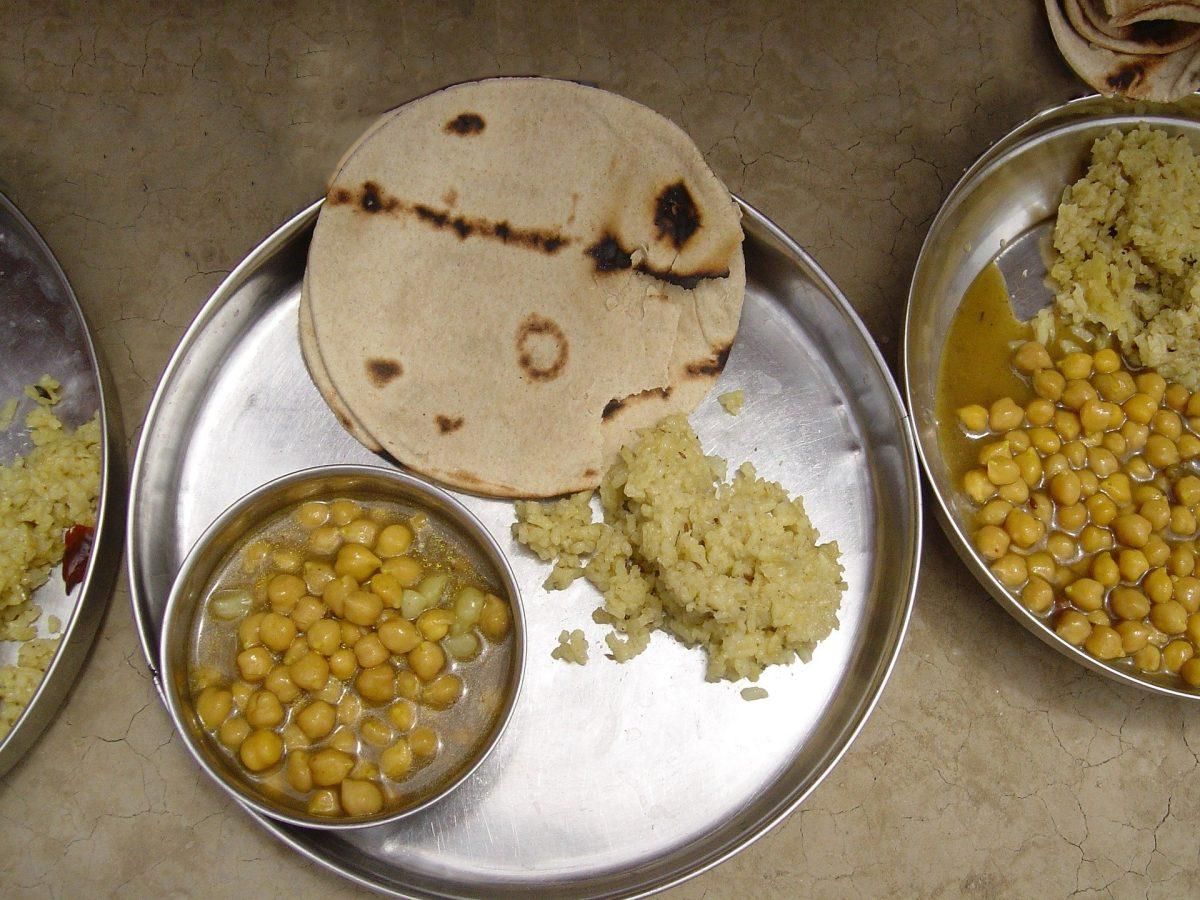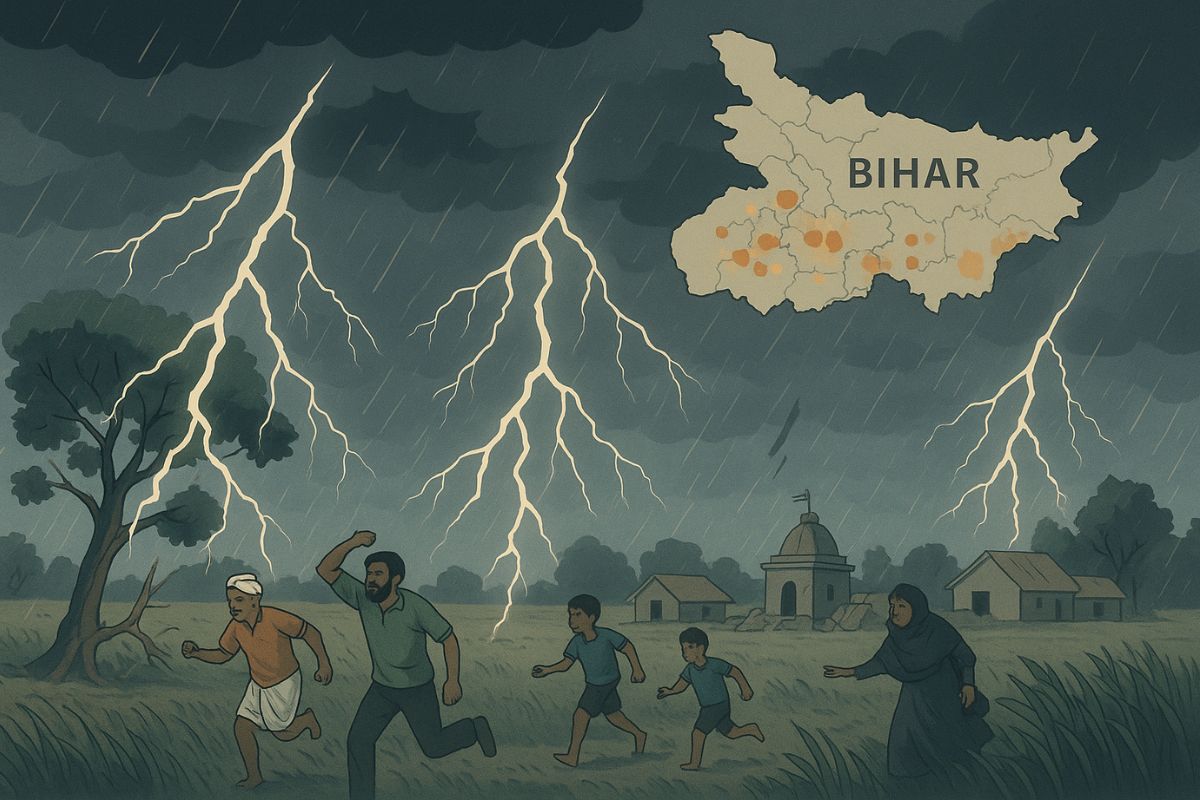Ground Report | New Delhi: Government Scheme to end hunger; India ranks 101st out of 116 countries on the 2021 Global Hunger Index (GHI) Ranking. The Government of India is denying the index and accords that the issue of hunger and malnutrition is the priority. The government is implementing several schemes to improve the situation in the country.
There are 1.3 billion people in India, according to the Food and Agriculture Organization of the United Nations report 2021, around 208 million people are undernourished, the prevalence of child wasting in children under 5 years is 17.3%, child stunting is 30.9%, anaemia in women is 53%.
There are five hunger-fighting initiatives taken by the government including National Nutrition Mission (NNM), National Food Security Mission, Zero Hunger Programme, Eat Right India Movement and efforts towards Food Fortification.
What is the Government Scheme to end hunger
National Nutrition Mission
India’s Prime Minister, Shri Narendra Modi, launched the National Nutrition Mission (NNM) or the Poshan Abhiyaan with the goal of attaining “Kuposhan Mukt Bharat” on International Women’s Day 2018.
The aim of the mission is to remove malnutrition from the country by 2022.
The target of the National Nutrition Mission
- The goal of NNM is to improve nutritional status.
- It targets children, anemia (among young children, women and adolescents), low birth weight, undernutrition.
- Intensified health and nutrition services for 1000 days.
National Food Security Mission(NFSM)
The NFSM was launched in Rabi in 2007 with a view to enhancing the production of rice, wheat and pulses.
On the 12th, the five-year plan added other crops like coarse cereals and commercial crops through area expansion. It proposed a revision of beneficiaries as per the latest population, currently being through census-2011.
The main objective is to provide food and nutritional security, ensuring access to adequate quantities and quality food at affordable prices to the people to live life with dignity.
The central and state government shares the responsibility of regulating PDS and try to implement some strategies as follows-
- Focus On increment of annual crops (pulses) production and grow them.
- Sustainable increase in the targeted crops through area expansion and productivity enhancement
- Rise in the level net income
- Restoration of soil fertility and productivity at the individual farm level
- Subsidies also provided under NFSM.
Zero Hunger Programme
The Zero Hunger programme was launched on October 16, 2017. The day is marked as ‘World Food Day. It focuses on nutrition, health and agriculture. It was initiated by joint collaboration of the Indian Council of Agriculture Research (ICAR), the Indian Council of Medical Research (ICMR), MS Swaminathan Industry Research Assistance Council (BIRAC). This programme received the Nobel Peace Prize in 2020.
The aim of the programme is
- Double the agriculture productivity and income of small scale farmers
- Eliminate the wastage of the food
- Ensuring the sustainable food production system and access to food all around the world.
- Decrease the child stunting for children 2 years and younger etc.
The program focuses on developing farm equipment, revamping the farming system and beginning zero hunger training and others. In India, most farmers do not have an adequate amount of land and lack knowledge of technology. Without proper storage available, transportation and marketing places, most food goes to waste.
Eat Right India Movement
The Eat Right India Movement is an initiative of the government of India. The Safety and Standard Authority of India (FSSAI) to transform the country’s food system in order to ensure safe, healthy and sustainable food for all Indians. This scheme was launched in 2018. The goal was ‘Sahi Bhojan, Bethar Jeevan’. It is a flagship programme in line with other initiatives including
- Ayushmaan Bharat
- Poshan Abhiyaan
- Anemia Mukt Bharat
- Swachh Bharat Mission
Aiming till 2050, to create a culture of safe, healthy and sustainable food for all.
Mid Day Meal Scheme
Mid Day Meal Scheme was started on August 15, 1995, under the programme of National Support to Primary Education. In September 2021 it was renamed PM Poshan. Its aim is to provide food to all the children enrolled in government-aided schools, local body schools, and special training centers.
The scheme has been revamped for 5 years, from 2021-2022 to 2025-26 with a budget of 1,30,794.90 crore. The government hopes for 11.80 crore children studying in 11.20 lakh schools across India.
The one reason for the rise in the Global Hunger Index is Covid-19 Pandemic. The lockdown creates huge crises of food, jobs and livelihood.
You can connect with Ground Report on Facebook, Twitter, Instagram, and Whatsapp and Subscribe to our YouTube channel. For suggestions and writeups mail us at GReport2018@gmail.com
ALSO READ: What is Wordle? How to play and win the internet’s latest game obsession
ALSO READ: Coke Studios Kana Yaari song with Lyrics









